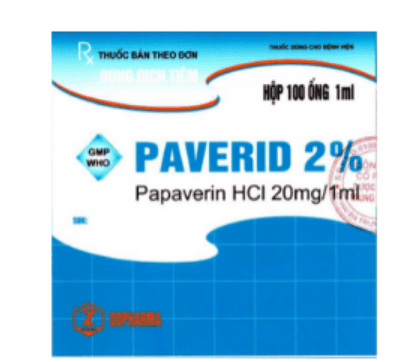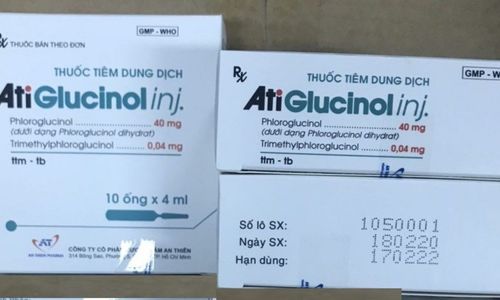This is an automatically translated article.
Vascular calcification in patients with recurrent kidney stones may put patients at increased risk of heart disease. Therefore, to help kidney stone patients protect their cardiovascular health, it is necessary to monitor the status of vascular calcification.1. Chronic kidney disease can lead to vascular calcification
Researchers have found that, in patients with chronic kidney disease, the dysfunction of PTH regulation of blood calcium levels leads to calcium deposition in artery walls, thereby causing calcium to be deposited in the arteries. causes calcification, hardening, and reduced elasticity in artery walls.Besides, phosphorus metabolism disorders in patients with chronic kidney disease also lead to the formation and deposition of calcium on arterial walls, especially coronary arteries and cerebral arteries, causing vascular calcification. hardening of the soft tissues of the artery wall. Researchers have demonstrated that increased blood phosphorus levels have a direct effect on vascular smooth muscle, calcifying coronary arteries.
Specifically, studies have shown that in patients with recurrent kidney stones there is more calcification of the abdominal aorta.
All arterial calcifications in particular and vascular calcifications in general lead to patients with chronic kidney disease facing a high risk of cardiovascular disease and mortality.

Bệnh thận mãn tính khiến canxi tồn đọng ở thành động mạch dẫn đến vôi hóa
2. Treatment and advice for vascular calcification
The above research results play an important role in monitoring vascular calcification in kidney stone patients in particular and chronic kidney disease in general. It is a useful tool to assess aortic calcification with the number and distribution of kidney stones.In addition, kidney stone patients also face the risk of osteoporosis. Therefore, applying an osteoporosis treatment may also have an effect on vascular calcification. Currently, doctors are conducting further research to confirm that heart disease can be treated with measures to reduce vascular calcification and osteoporosis in patients with kidney stones.
Advice for patients with recurrent kidney stones is to be screened for cardiovascular diseases and measure bone density to be able to detect early osteoporosis as well as vascular calcification, prevent heart complications circuitry seriously affects health.
Vascular calcification in patients with kidney stones has been found to be due to abnormal calcium metabolism in the blood, calcium deposition, calcification, and increased risk of cardiovascular disease and mortality. of the patient.
To register for examination and treatment at Vinmec International General Hospital, you can contact Vinmec Health System nationwide, or register online HERE
MORE:
Why kidney stones cause kidney stones much pain? Why do kidney stones cause back pain? Methods to treat urinary stones













